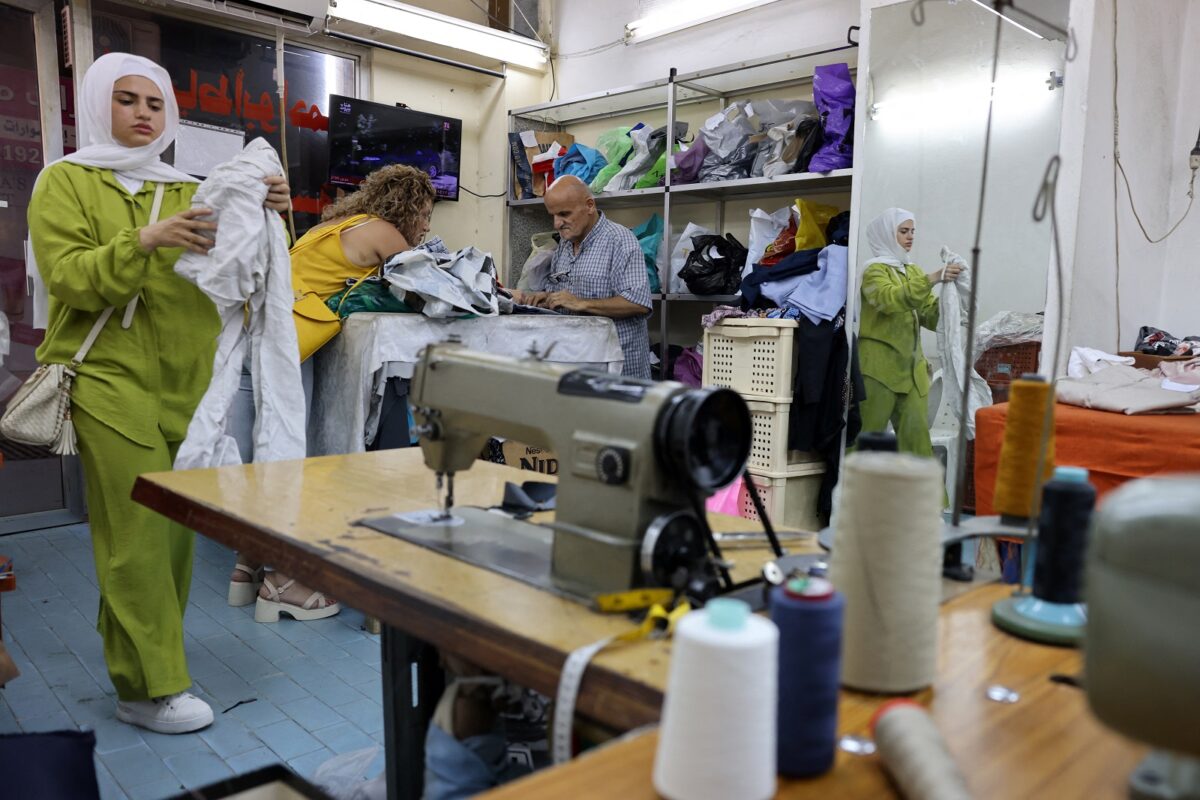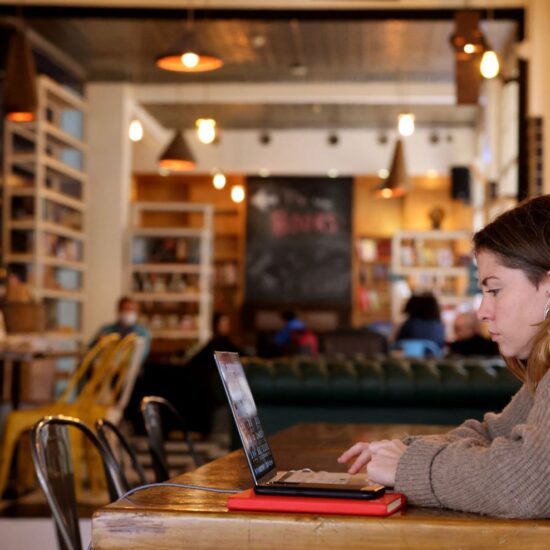
Exhibitions in Lebanon are significantly contributing to the overall success and growth of businesses participating as they provide them with a platform to showcase their products or services to a large and diverse audience. It allows them to establish new contacts, build relationships and explore collaboration opportunities, all of which contribute to their brand development.
The profound devaluation of the Lebanese pound has severely undermined the purchasing power of both businesses and consumers. Consequently, the costs of imported goods, raw materials, and equipment have surged, posing considerable challenges for businesses striving to sustain profitability and affordability.
The economic downturn has precipitated a substantial wave of business closures spanning various sectors, notably affecting small and medium-sized enterprises lacking the financial fortitude to endure extended periods of economic turbulence.
In summary, Lebanon’s economic crisis has wrought extensive hardship upon local businesses, manifesting in currency devaluation, inflation, cash flow constraints, unemployment, supply chain disruptions, business closures, and exacerbated uncertainty.
The recent Horeca exhibition in Lebanon exemplifies an event within the hospitality and food service industry in the country. Horeca, representing Hotel, Restaurant, and Catering, underscores the event’s emphasis on these pivotal sectors.
“It is a premier event in the hospitality and food service industry in the country. The exhibition typically features a wide range of exhibitors whilst serving as a platform for businesses to showcase their products and services, network with industry professionals, and stay updated on the latest trends and innovations, Nader El-Khoury, project and event management consultant at Promo team told NOW.
The Horeca exhibition has attracted a diverse array of businesses.
Founder of Grapeful, a local Lebanese business that makes healthy bars out of grape molasses, Bahaa Qadamani told NOW: “We wanted to increase visibility among potential customers, distributors, and partners, thereby enhancing our brand recognition.”
He added: “While the primary goal of participating in the exhibition is often to build brand awareness and network, we also gain direct sales opportunities as many visitors become interested in purchasing our healthy bars on the spot, especially during taste sampling, they become impressed with the quality and taste of the different flavors available.”
For local Lebanese businesses, such well-respected exhibitions offer a much-needed opportunity to showcase their offerings to a wider audience, explore potential export markets, and establish international partnerships and distribution channels.
Hanadi Abdel Khalek, a marketing specialist who works for an agency in Lebanon and Dubai told NOW more about the participation of businesses in Lebanon in exhibitions. “The economic crisis has changed the way businesses in Lebanon think, they are aiming at reaching the international market and catering to the needs of the large Lebanese diaspora.”
Their marketing strategies have evolved, now focusing on cost optimization, targeted marketing, customer relationship management, diversification, and capitalizing on local and international market opportunities, according to Abdel Khalek.
When asked about the positive impact of these exhibitions on local Lebanese businesses, Abdel Khalek explained to NOW that they offer crucial networking opportunities, enhance brand visibility, and facilitate market access and expansion, all of which stimulate economic growth.
Another local honey business that participated in Horeca and plans to join future exhibitions shared their experience with NOW. Bayt Al Nahl, a local business selling oriental and exotic sweets made of pure honey, had Sana Bou Ghanem, the general manager at their Aley branch, elaborate on their participation in exhibitions.
“Horeca was a game changer for us as it significantly increased our brand visibility to potential customers in the international market interested in our healthy, diverse range of products such as low-sugar, guilt-free treats and innovative alternatives to traditional sweets,” Bou Ganem explained to NOW.
“We met many café owners interested in displaying our products for sale. We also connected with roasteries, both in Lebanon and abroad, who were keen on stocking our products after sampling them at Horeca and learning more about our business concept,” Bou Ghanem told NOW.
Increased visibility at such events can lead to heightened brand awareness, essential for long-term success and growth.
Exhibitions showcasing products made in Lebanon promote economic interests and serve as a means of cultural exchange and heritage preservation.
The “Made in Lebanon” event scheduled from the 9th to the 13th of May is sponsored by the Ministry of Industry and the Lebanese Industrialists Association, and organized by Media Trade and Weddings Mall.
El-Khoury explained to NOW, “The “Made in Lebanon” exhibition scheduled for May would likely serve as a significant platform for businesses to showcase their products, stimulate economic activity, promote cultural exchange, and foster national pride. It would offer valuable opportunities for networking, partnership building, and market expansion, contributing to the growth and prosperity of Lebanon’s economy.
Such exhibitions provide a platform for artisans, craftsmen, and entrepreneurs to celebrate and share Lebanon’s rich cultural heritage with the world, preserving traditional techniques while fostering innovation and creativity.
“Participating businesses can leverage these events to network with potential partners, forge new collaborations, and explore opportunities for market expansion both domestically and internationally,” Abdelkhalek explained to NOW.
Rodayna Raydan is a Lebanese-British journalist. You can follow her on Twitter @Rodayna_462
The views in this story reflect those of the author alone and do not necessarily reflect the beliefs of NOW.








